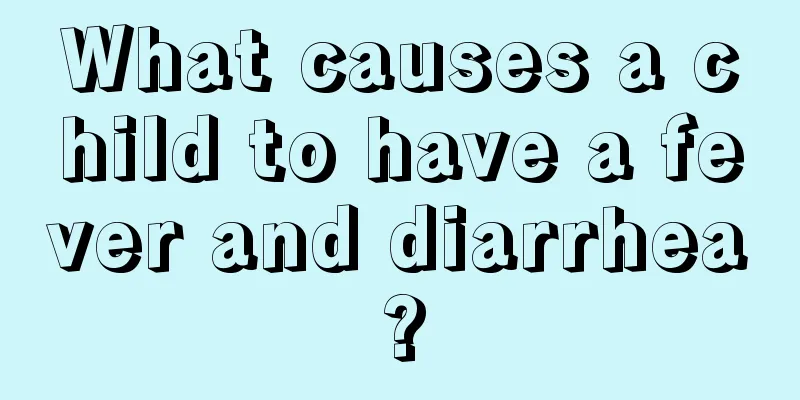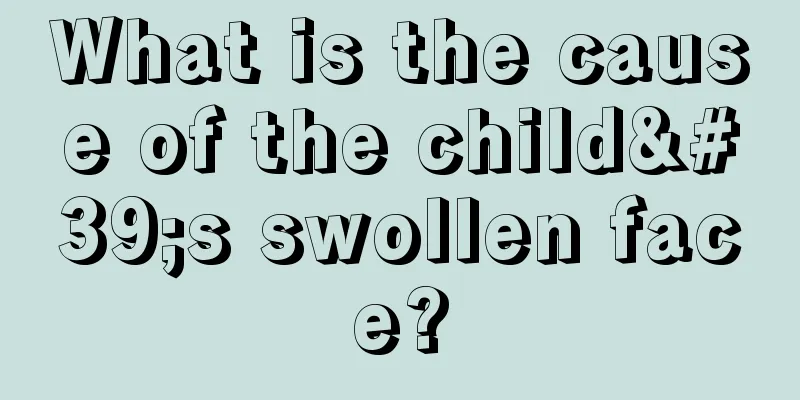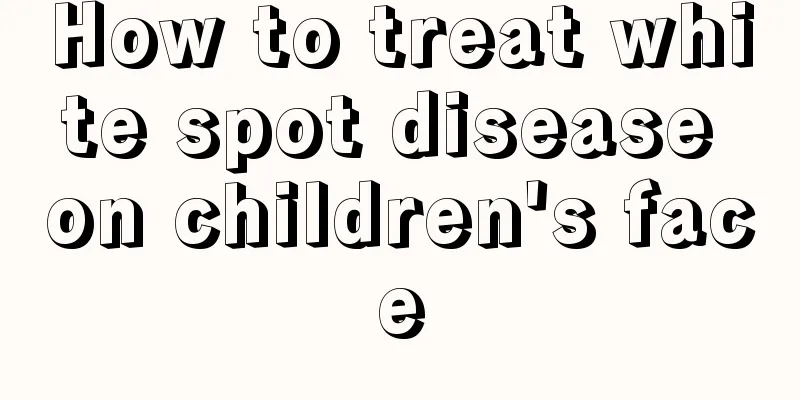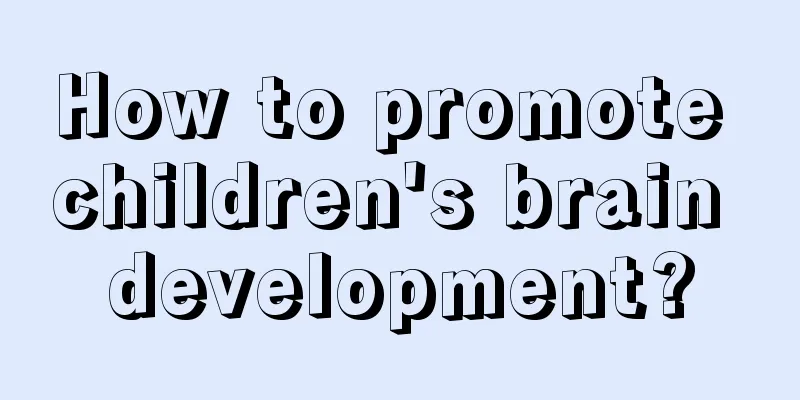What to do if your child's heart rate is too fast
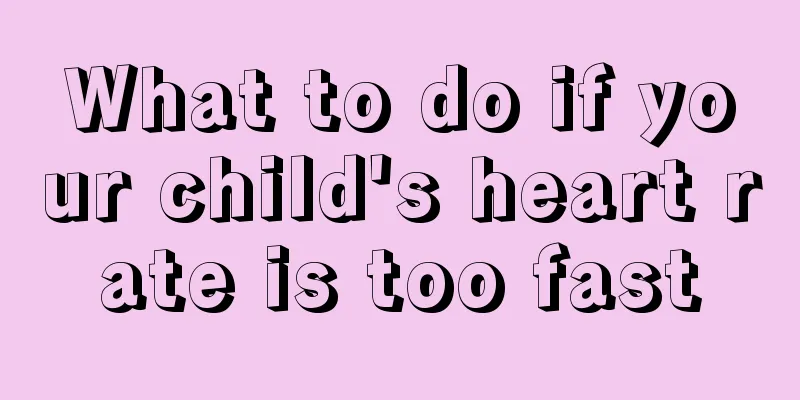
|
If a child's heart rate is too fast, parents will be very anxious, fearing that their child has heart problems. So what should we do if children’s heart rate is too fast? Next, this article will introduce what to do if a child’s heart rate is too fast, for your reference only. Friends who want to know what to do if their children’s heart rate is too fast can take a look! Please see the detailed introduction below. People of different ages have different heart rates. The younger the age, the faster the heart rate. If the heart rate exceeds the normal range, it is called a tachycardia. Parents generally know that a normal person's heart rate will increase after exercise or physical labor. The same is true for children, especially when they are frightened or crying. What should I do if my child’s heart rate is too fast? The causes of a fast heart rate are mostly functional, but can also be seen in organic heart disease and extracardiac factors. Its production is mainly related to sympathetic nerve excitement and decreased vagal nerve tone. If a child's heart rate is found to be too fast, he or she should go to the hospital for an electrocardiogram to allow the doctor to determine whether the arrhythmia is caused by heart disease to avoid delaying diagnosis and treatment. Causes of a rapid heart rate in children include viral myocarditis, congenital heart disease, abnormal development of the cardiac conduction system, various cardiomyopathies, and other factors, such as drug poisoning and electrolyte imbalance. Children's rapid heart rate is most common when they have a fever. For every 1°C increase in body temperature, the heart rate can increase by 10 to 15 beats per minute. Therefore, diseases that can cause fever will often result in an accelerated heart rate, but typhoid patients are an exception. The pulse of typhoid patients is relatively slow, which is called a relatively slow pulse. This is an important characteristic of typhoid. Pneumonia, asthma and other diseases affect heart function. When heart failure occurs, there will be symptoms such as rapid heart rate, rapid enlargement of the liver, rapid breathing, and blue lips. In children with severe anemia, the heart rate will also increase to meet the body's need for blood supply. A fast heart rate may also occur when taking drugs such as atropine and epinephrine. Diseases of the heart itself, such as myocarditis, pericarditis, etc., can also increase the heart rate. A fast heart rate will generally return to normal as external factors are eliminated and the disease improves (such as fever subsiding, anemia improving, and heart function returning to normal). The above is an introduction on what to do if a child’s heart rate is too fast. From the above introduction, we can know that there are many factors that affect children's rapid heart rate. If it is not caused by disease, then children's rapid heart rate is a temporary phenomenon and parents do not need to worry too much. If it is caused by a disease, then the child's rapid heart rate needs timely treatment. |
<<: What to do if a child has an irregular heartbeat
>>: Why does my baby suddenly not like to drink milk powder?
Recommend
What to do if blisters appear on children's hands
If a child develops blisters on his hands, take h...
What can a 10-year-old child eat to cure his cough quickly?
Parents are extremely anxious when their children...
Treatment of zinc deficiency in one and a half week old babies
Recently, many children have shown symptoms of zi...
How to massage a newborn baby
Adults who are tired after a day may go for a mas...
What to do if your baby has watery stools
Nowadays, there are basically six adults taking c...
What causes children to vomit and feel dizzy?
Vomiting is a common phenomenon in life. When vom...
How to treat baby's spleen and stomach deficiency?
From time to time, we often find that our babies ...
Brain changes in premature infants
Brain changes in premature infants are relatively...
What to do if a child has rotten feet?
It is not uncommon for children in some families ...
Can a two-year-old baby eat cereal? Pay attention to nutritional balance
When a child reaches the age of two, he or she al...
What is the cause of small pimples on the newborn's face?
What I want to tell you today is what causes smal...
What should I do if my baby has anemia for a long time?
As parents, we are most reluctant to see our chil...
What are the causes of poor brain development in babies?
Every child is the same as a family. During the b...
How do hernias form in children?
Every parent becomes particularly nervous when th...
What is the reference value of the baby's full-month weight?
The baby has been born for almost one month. Pare...
